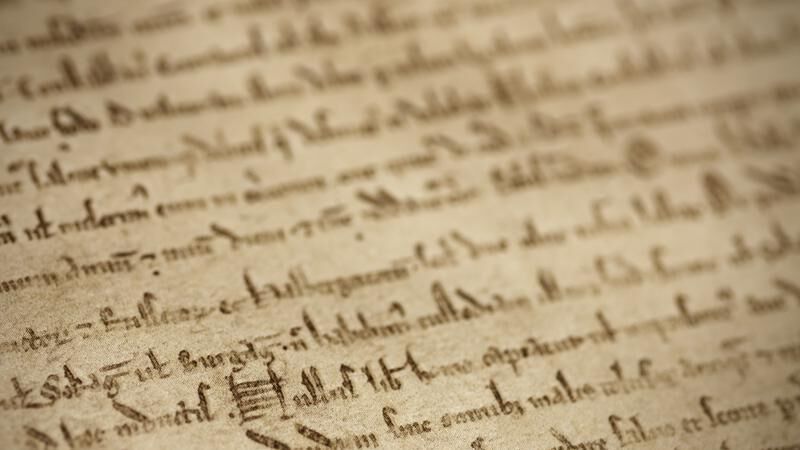Harvard’s unofficial copy of Magna Carta is actually an original, experts say

The Magna Carta issued by Edward I in 1300 and now in the library of Harvard law school. It is one of seven surviving originals from that year.
A Magna Carta wrongly listed as an unofficial copy for nearly 80 years has been confirmed as an original from 1300.
The discovery means the document is just one of seven issued in 1300 by Edward I that still survive.














